ACTH 1-34
$641.61
Earn 642 points upon purchasing this product.
For optimal stability and integrity, we recommend reconstituting all peptides with bacteriostatic water, as reliability cannot be guaranteed with alternative solutions.
- 1st and 3rd Party Verified for 99% Purity
- Free Shipping on Orders Over $100+
Enjoy 24/7 customer support, 1st & 3rd party verified 99% purity, and free shipping on orders over $100!
Description
ACTH 1-34 – Product Information
ACTH 1-39, also known as adrenocorticotropic hormone 1-39, is a peptide hormone that plays a crucial role in the regulation of the adrenal glands and the production of other hormones, particularly cortisol.
| ACTH 1-39 | |
| CAS Number | 12279-41-3 |
| Molar Mass | 4541 g/mol |
| Chemical Formula | C207H308N56O58S |
| IUPAC Name | H-DL-Ser-DL-Tyr-DL-Ser-DL-Met-DL-Glu-DL-His-DL-Phe-DL-Arg-DL-Trp-Gly-DL-Lys-DL-Pro-DL-Val-Gly-DL-Lys-DL-Lys-DL-Arg-DL-Arg-DL-Pro-DL-Val-DL-Lys-DL-Val-DL-Tyr-DL-Pro-DL-Asn-Gly-DL-Ala-DL-Glu-DL-Asp-DL-Glu-DL-Ser-DL-Ala-DL-Glu-DL-Ala-DL-Phe-DL-Pro-DL-Leu-DL-Glu-DL-Phe-OH |
What is ACTH 1-34?
ACTH 1-39, scientifically labeled as adrenocorticotropic hormone ACTH 1-39, stands as a distinctive research entity distinguished by its exceptional composition and attributes. Originating from the broader adrenocorticotropic hormone (ACTH), this particular fragment constitutes a condensed iteration that preserves essential operational components. Through assiduous investigation and empirical studies, researchers have isolated ACTH 1-39, unveiling its capacity to unveil novel pathways in scientific comprehension. ACTH 1-39 serves as a catalyst for cortisol generation, muscle cell activity, metabolic processes, and modulation of the HPA stress axis.(R) (R) (R)
The HPA (hypothalamic-pituitary-adrenal) stress axis, constituting a neuroendocrine framework, governs the body’s stress response. This intricate system engages the hypothalamus, pituitary, and adrenal glands. When confronted with stress, this axis deploys hormones such as CRH and ACTH, which in turn stimulate the production of cortisol. Cortisol, a pivotal player, exerts influence over the immune system, metabolism, and stress modulation. Dysregulation of the HPA axis can reverberate into health conditions. Comprehending this mechanism holds the potential to effectively manage stress-induced ailments. (R)
How Does ACTH 1-34 Work?
The specific mechanism of ACTH 1-39, an investigative compound derived from adrenocorticotropic hormone, remains under active exploration. While a complete grasp of the mechanism of action is pending, current research has illuminated potential avenues through which ACTH 1-39 could potentially enact its influences:
Acth 1 39 is believed to engage specific receptors distributed across cells throughout the body. Through receptor binding, Acth 1 39 has the potential to initiate downstream signaling pathways that orchestrate its diverse array of effects. ACTH 1-39 operates as an agonist on endogenous melanocortin receptors, a presence also notable within the central nervous system. These melanocortin receptors manifest in a variety of cells, including muscle cells. When Acth 1 39 binds to these receptors, it sets in motion a sequence of conceivable cellular reactions, harnessing their activation and culminating in the discharge of corticosteroids and androgenic steroids. (R)
In the context of neurological effects, ACTH 1-39 may modulate the activity of neurotransmitters in the brain. By influencing the release, reuptake, or receptor interactions of these chemical messengers, ACTH 1-39 could impact neuronal function and plasticity. (R)
Additionally, ACTH 1-39 is believed to engage specific receptors distributed across cells. Through receptor binding, ACTH 1-39 has the potential to initiate downstream signaling pathways that orchestrate its diverse array of effects. ACTH 1-39 operates as an agonist on endogenous melanocortin receptors, a presence also notable within the central nervous system. These melanocortin receptors manifest in a variety of cells, including muscle cells. When ACTH 1-39 binds to these receptors, it sets in motion a sequence of conceivable cellular reactions, harnessing their activation and culminating in the discharge of corticosteroids and androgenic steroids. Moreover, its involvement in the perturbation of metabolic syndrome and its influence on the HPA stress axis has garnered considerable recognition.
Potential Research Applications of ACTH 1-39
ACTH 1-39, a research compound derived from adrenocorticotropic hormone, has garnered significant attention due to its potential benefits across various scientific disciplines.
ACTH 1-34 and Neurological Potential
A pioneering study featured in the Journal of Neuroscience delved into the ramifications of ACTH 1-39 concerning neuronal adaptability. The findings unveiled that ACTH 1-39 fostered elevated synaptic plasticity and fortified neuronal robustness. These outcomes hint at its capacity for enhancing cognitive capabilities and offering safeguards for neurological well-being. (R)
ACTH 1-34 and Potential Effects on the Immune System
A study detailed in the Journal of Immunology delved into Acth 1 39’s capacity to influence immune responses. The investigation unveiled that the utilization of Acth 1 39 markedly mitigated inflammation-associated harm and orchestrated the activation of immune cells. These discoveries underscore the compound’s promise as a potential therapeutic tool in managing immunological disorders, encompassing autoimmune ailments. (R)
ACTH 1-34 and Metabolic Regulation
An extensive examination featured in the journal Diabetes delved into ACTH 1-39’s influence on the equilibrium of glucose and the sensitivity to insulin. The research team showcased that the application of ACTH 1-39 led to advancements in glucose tolerance, heightened insulin sensitivity, and augmented functionality of pancreatic beta cells. These outcomes propose that ACTH 1-39 could potentially offer a prospect in shaping innovative treatments for metabolic irregularities, including type 2 diabetes. (R)
ACTH 1-34 and Potential to Counter Inflammation
In an animal study featured in the Journal of Inflammation, scientists explored the potential of ACTH 1-39 as an anti-inflammatory agent. The outcomes indicated that ACTH 1-39 led to a substantial reduction in the generation of pro-inflammatory cytokines and mitigated tissue impairment within an experimental inflammation scenario. These revelations imply that this substance might hold significant promise in devising strategies aimed at countering inflammation. (R)
Frequently Asked Questions
How is ACTH 1-39 studied?
Scientists study ACTH 1-39 through experiments, both in vitro (cell-based studies) and in vivo (animal studies), to understand its interactions, effects, and potential benefits.
What are the potential implications of ACTH 1-39 research?
The findings from ACTH 1-39 research could potentially contribute to the development of novel therapies or interventions targeting various conditions, including neurological, immunological, and metabolic disorders.
Where Can You Buy ACTH 1-39 ?
PureRawz is the best place to buy the highest-quality ACTH 1-39 online. When you buy this product, one bottle contains 99% of product purity.
We send our product in a special package. The temperature-controlled packaging lasts for hours.
In order to be the best supplier of research chemicals, we provide reference materials with every product we sell. We are also familiar with several cosmetic peptides. All of our products come with an independent, third-party-issued Certificate of Analysis for identification, purity, and concentration.
We offer free international shipping on all orders above $100. You can pay for your purchase through various methods, including PayPal and Bitcoin. We sell liquid, powder, and capsule high-quality TUDA formulations. All the formulations are equally high-quality.
Disclaimer
COA
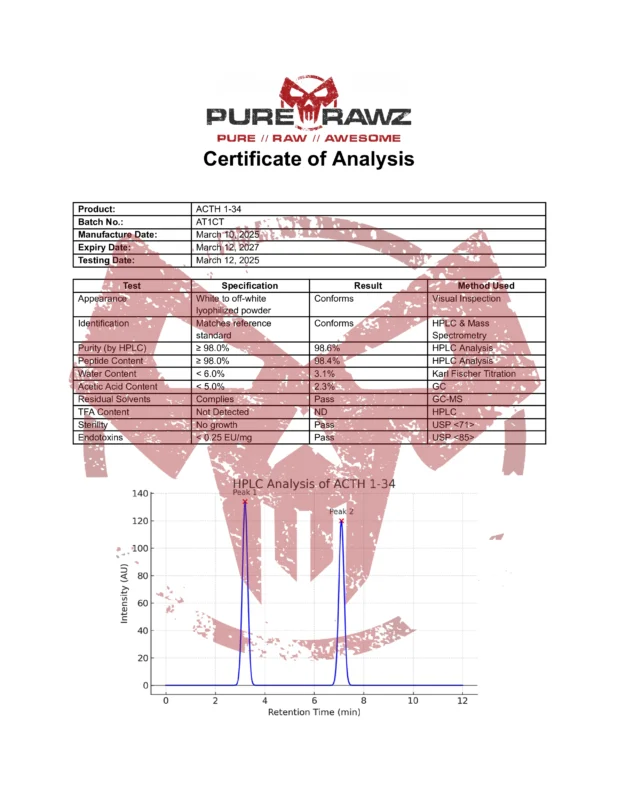
1 review for ACTH 1-34
You must be logged in to post a review.
Please click here to access instructions on how to make a payment.
How to Pay
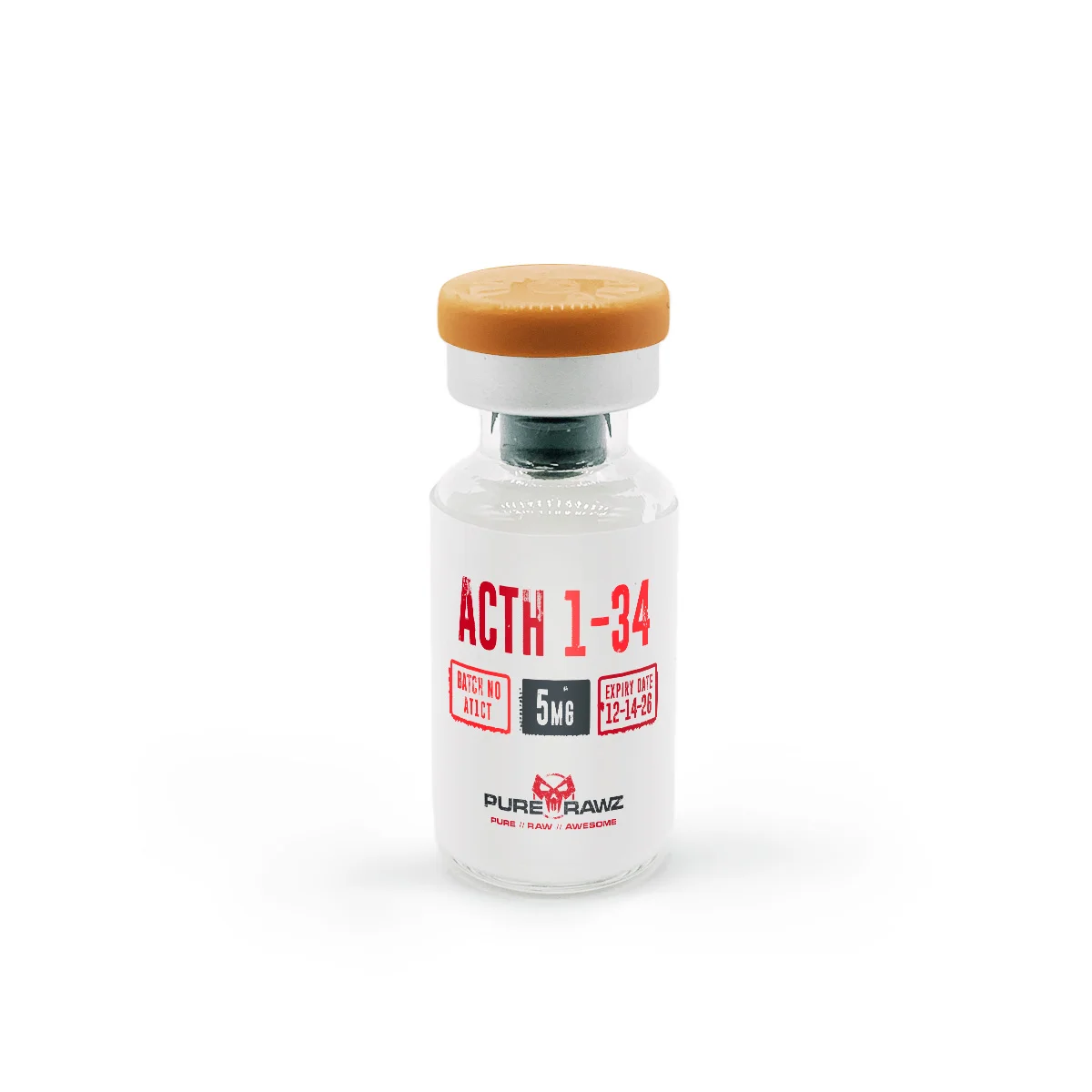
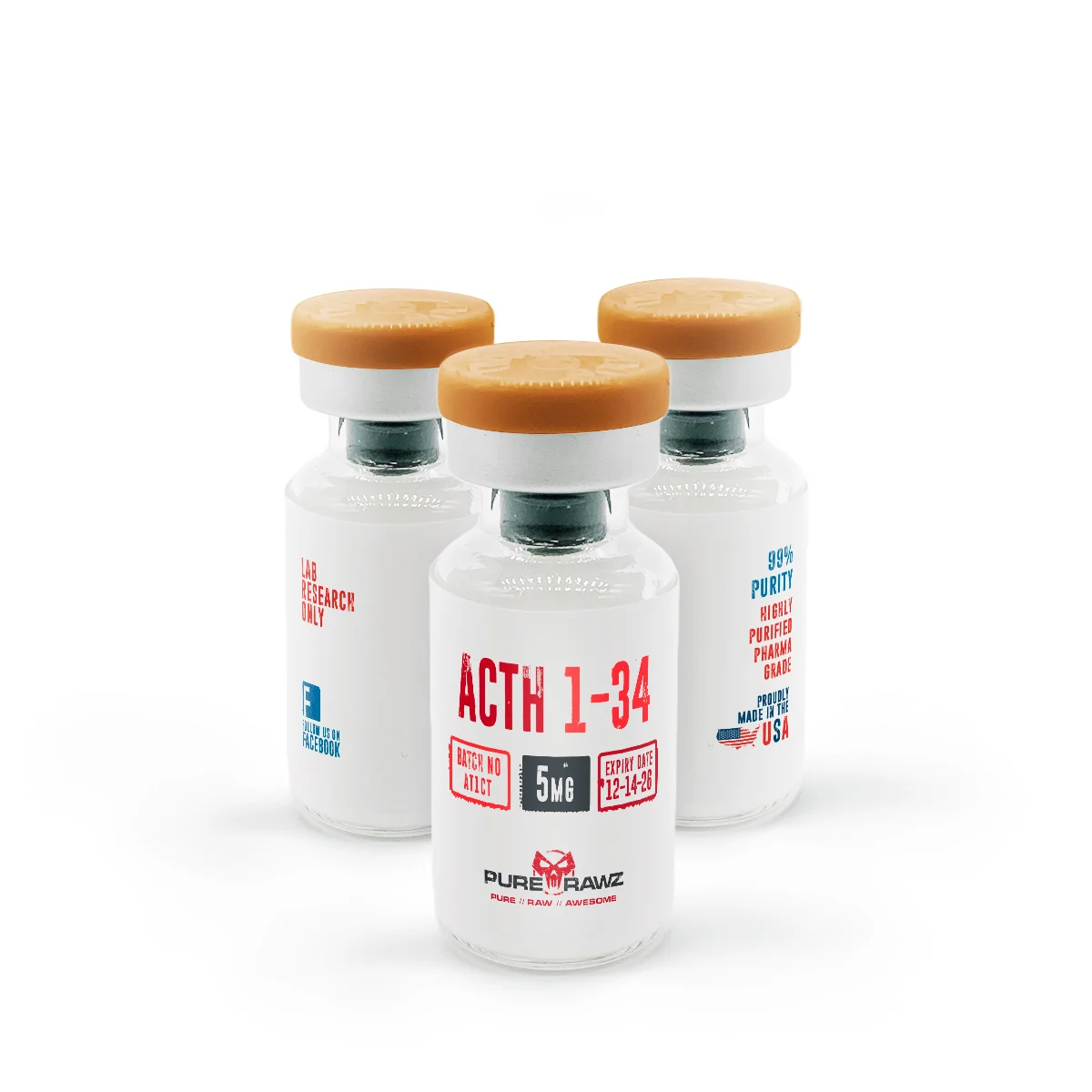
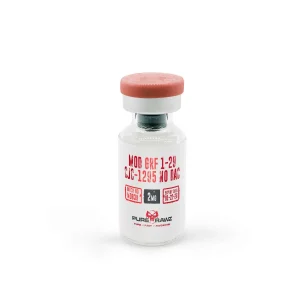
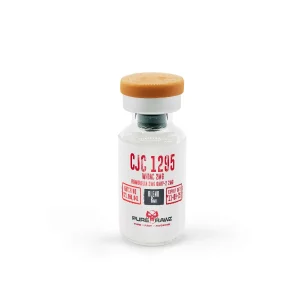
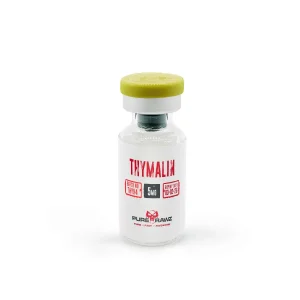
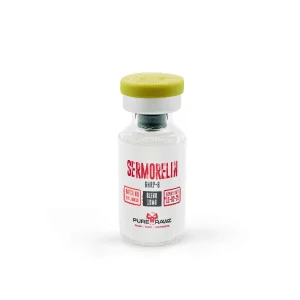
abdulrashid –
Within weeks of starting this supplement, the results are amazing.